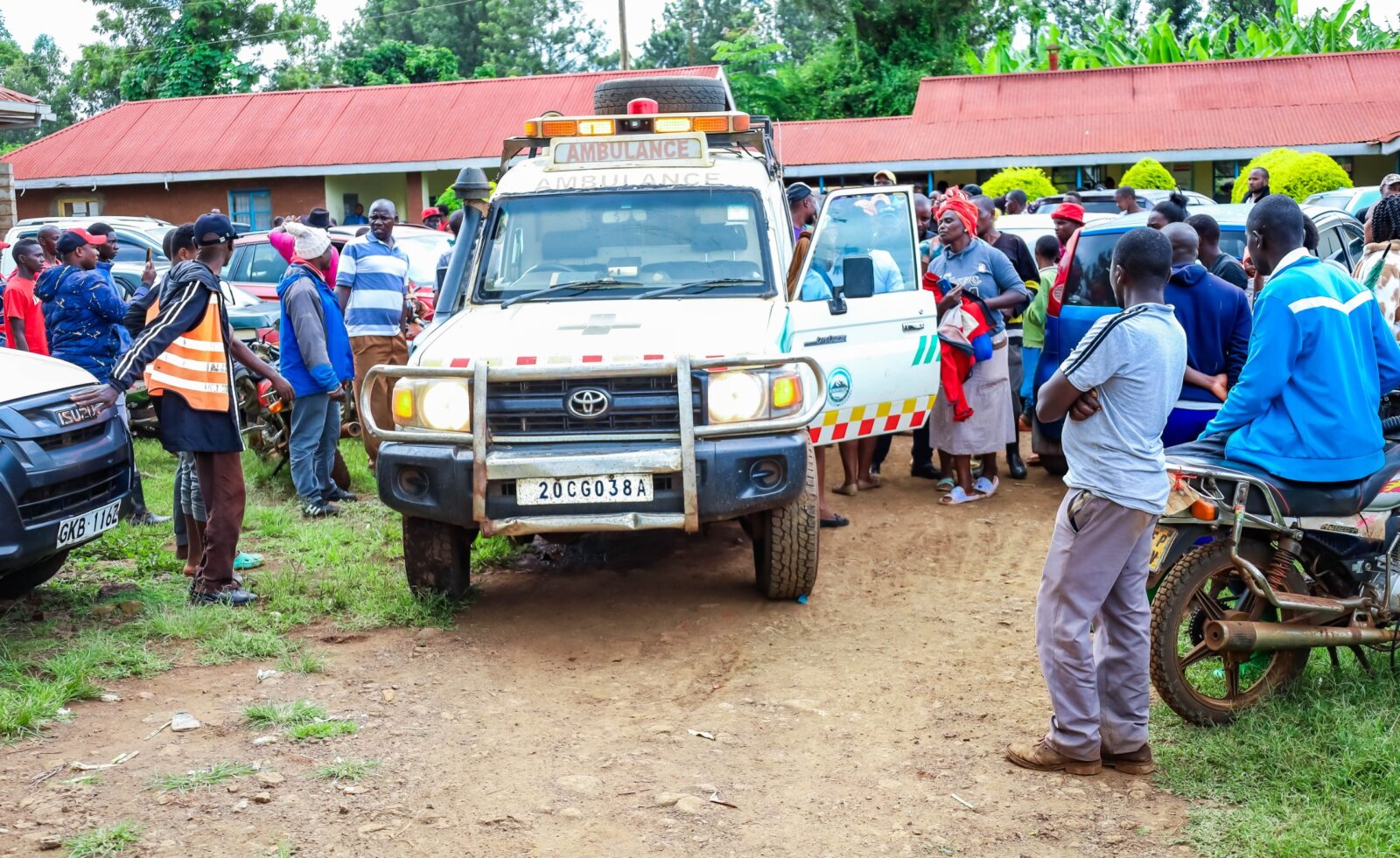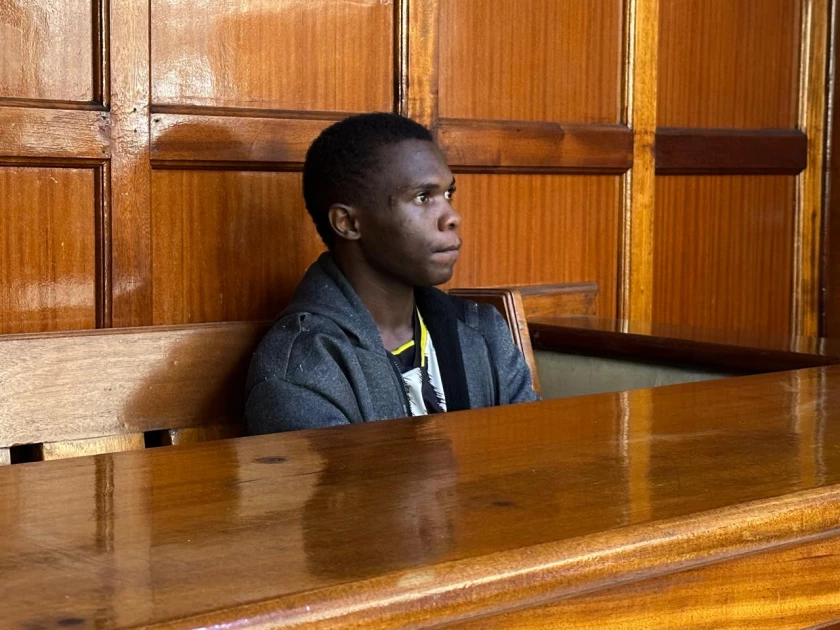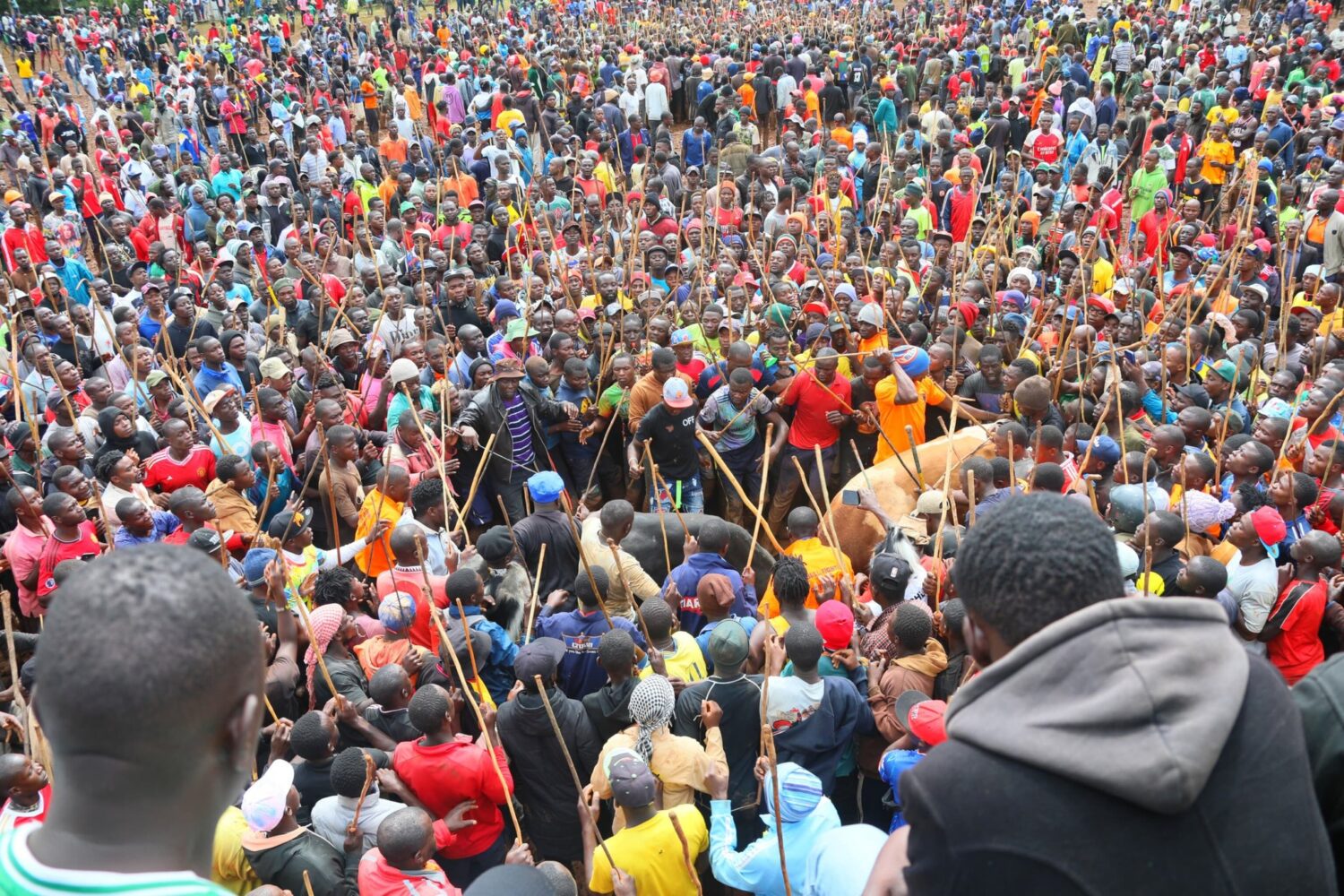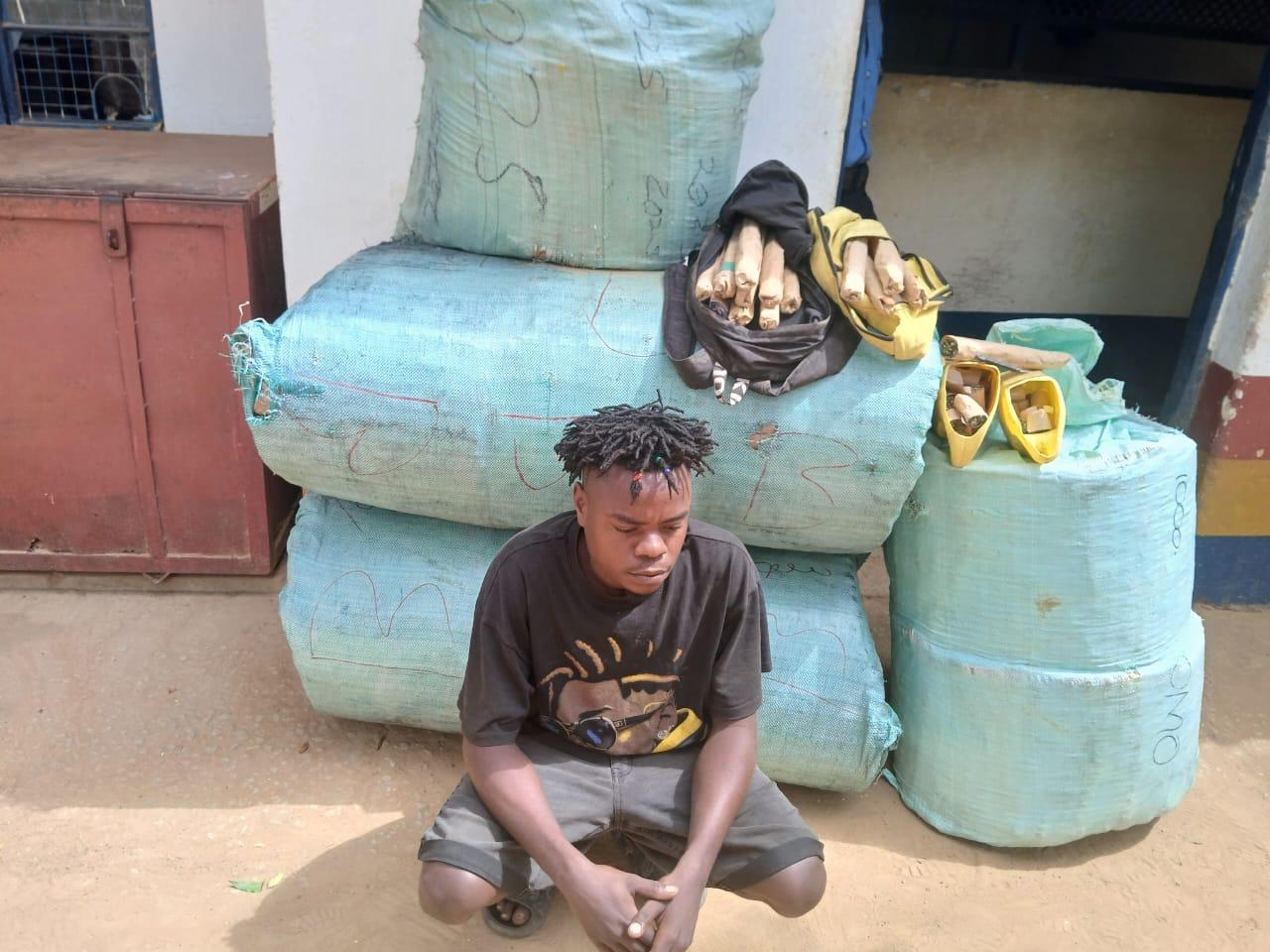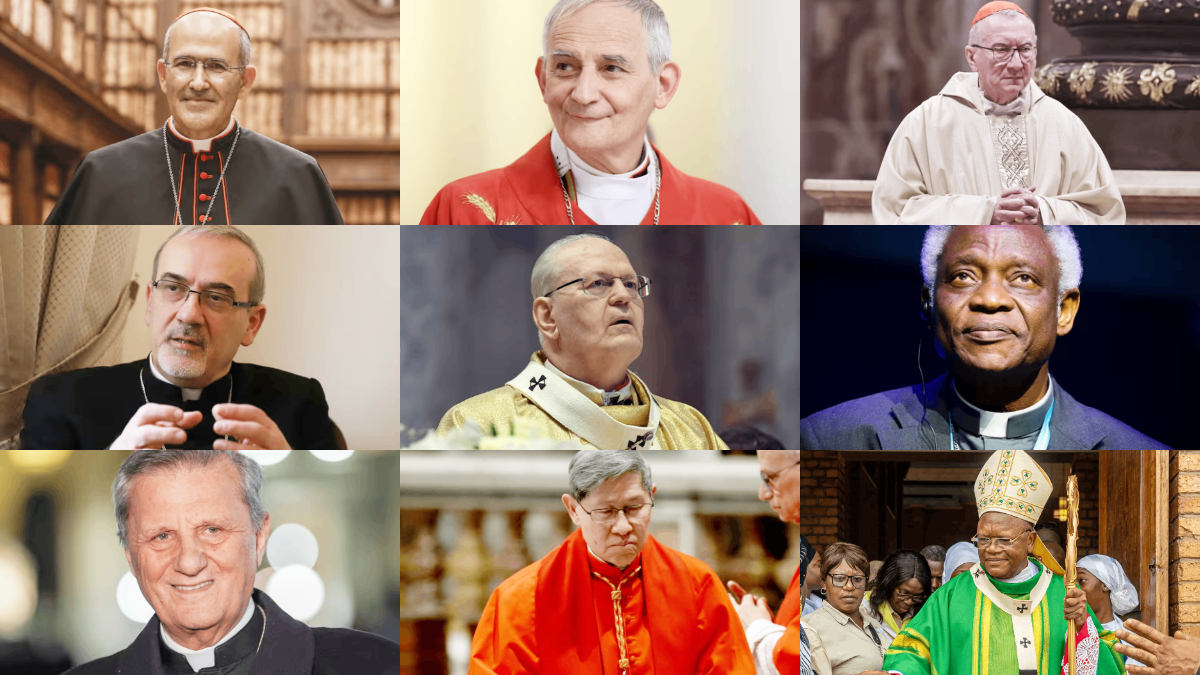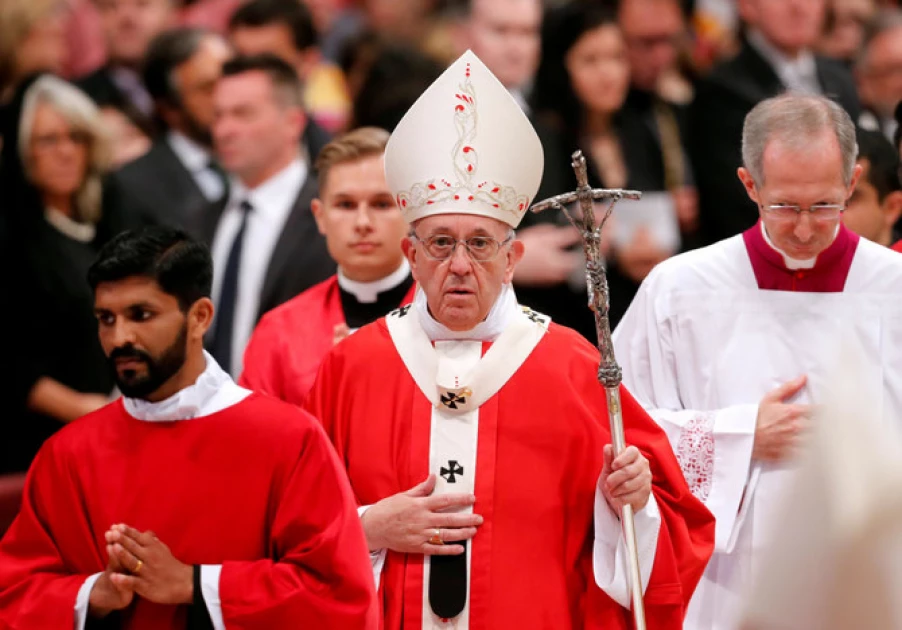The Directorate of Veterinary Services (DVS) has urged Kenyans to ignore what it says are “malicious and unfounded” allegations that the government’s plan to vaccinate livestock in the country is related to global warming.
DVS Director Dr Azegele Allan says contrary to the allegations, the exercise is meant to secure a healthier future for animals, farmers, and consumers alike, while contributing to global food security and public health.
With Kenya having a vibrant livestock sector that accounts for about 12 percent of the country’s GDP and 40 percent of agricultural GDP, coupled with the continuing rise in global demand of animal products, Dr Azegele says the health and well-being of livestock are of paramount importance.
“Livestock play a critical role in the economies and livelihoods of millions of people worldwide, providing food, income, and employment. To ensure the health of animals and the safety of the food supply, the vaccination of livestock is one of the most effective and sustainable strategies available,” Dr Azegele says.
Dr Azegele says that Kenya Kwanza Government’s Bottom-up Economic Transformation Agenda (BETA) places special emphasis on priorities that target reduction in the cost of living, creation of jobs, achievement of more equitable distribution of income, enhancement of social security, expansion of the tax base and increase of foreign exchange earnings.
“One of the five pillars is agricultural transformation in which meat, dairy and leather value chains are prioritized. Key enablers in achieving this is animal disease control, animal genetics and animal feeds improvement.”
The directorate has gone further to outline key benefits of livestock vaccination.
Key Benefits of Livestock Vaccination
- Disease Prevention and Control;
Vaccination is the first line of defense against many serious diseases that affect livestock, such as foot-and-mouth disease, brucellosis and peste des petits ruminants (PPR). These diseases can have devastating economic impacts, leading to significant losses in production, reduced trade, and, in severe cases, culling of animals. Vaccines help prevent these diseases from spreading, reducing the need for drastic measures. - Improved Animal Welfare;
Vaccinated animals are less likely to suffer from preventable diseases, which can cause pain, distress, and even death. Ensuring livestock are properly vaccinated supports animal welfare and reduces the ethical concerns associated with disease outbreaks. - Increased Productivity and Efficiency
Healthy animals are more productive. Vaccinated livestock have higher growth rates, better reproductive performance, and improved milk and egg production. This not only supports the livelihoods of farmers but also helps ensure a stable and affordable food supply for communities worldwide. - Economic Stability
The economic cost of an outbreak of infectious diseases can be staggering. Vaccination reduces the likelihood of outbreaks, lowering the costs of medical treatment, loss of animals, and trade restrictions. It also helps keep agricultural markets stable by maintaining the supply of livestock products. - Public Health Protection
Some livestock diseases, such as zoonotic diseases, can be transmitted to humans. Vaccinating animals reduces the risk of these diseases spilling over into the human population, thus protecting public health. A strong vaccination program for livestock also supports global health efforts to combat emerging diseases.
The Kenya Veterinary Vaccines Production Institute (KEVEVAPI) has since voiced support for the initiative to vaccinate 22 million cattle against Foot and Mouth disease and 50 million sheep and goats against Peste des Petits ruminants.
“All our vaccines are produced through end-to-end Good Manufacturing Practice (GMP), ensuring safety, efficacy and relevance to the local circulating strains of virus. The vaccines produced meet World Organization of Animal Health (WOAH) standards for a functional local vaccine production capacity,” KEVEVAPI says. “Quality assurance is done both internally (in-process controls) and by externally by the Director of Veterinary Services (DVS) for FMD vaccines and the African Union Panafrican Veterinary Vaccine Centre (AU-PANVAC) for all vaccines.”
President William Ruto last week announced that the nationwide livestock vaccination programme will kick off January 2025.



